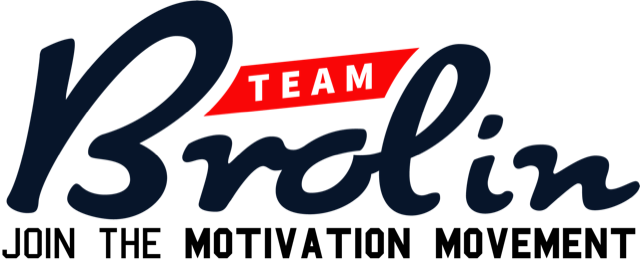
I started my practice over twenty-five years ago, I chose QuickBooks. Today it’s still the backbone of my accounting system, throughout the years (decades!) Intuit has kept innovating based on the insights of their users and the needs of the clients that we as practitioners serve.
One of the most pivotal strategic moves that Intuit made in the QB ecosystem was the decision to keep their API open, that means, allowing other apps the capability to build products that integrate directly with QuickBooks. This allowed what we know today as the QuickBooks marketplace to not only exist, but to empower us as practitioners to keep pace with our clients’ needs to drive maximum efficiency within our own practice.
I credit David Leary, co-host of the Cloud Accounting Podcast and QuickBooks technologist, with helping Intuit see the future of the accounting profession and the need to allow accountants to have the freedom and flexibility to add other applications to their accounting software. I vividly recall The Intuit Hackathons,
is where the QuickBooks open API really started.
As we know, businesses don’t grow in a box, and if your accounting management software is inflexible, you’ll never be able to scale or serve larger clients because you will be completely limited in the tools you have available. Not to mention, your practice will be a patchwork of unproductive apps that don’t play together…that is a revenue killer right there. The integrated technology ecosystem that I have built using QuickBooks’ open API and third-party apps is the lifeblood of my firm’s efficiency, productivity and increased profitability.
The QuickBooks Open API levels the playing field for practices of every size
Depending on your sweet spot and growth plans, the QuickBooks an open API allows you to serve mid-market clients (10 to 99 employees).Though my practice is relatively small in terms of number of employees, I am confident in competing for business with larger firms because I know that with QuickBooks and Intuit as my tax system, I can meet the needs of any small or big client because my tool box is almost limitless.
Intuit has leveled the playing field for all firms with their open API system. If you look at the QuickBooks marketplace, you will find literally thousands of apps that you can integrate with to create a highly functional and financially viable tech ecosystem. In my Team Brolin Playing Field, QuickBooks and Lacerte are the hubs of my workflow. They are the powerhouses around which I have built a highly efficient and completely integrated system. For example, I utilize the following apps which integrate seamlessly with QuickBooks:
Bookkeep – This is an amazing automated e-commerce reconciliation direct to QuickBooks. It really could not be simpler, and the automation actually does what it says it does, so I trust it completely to sync all e-commerce transactions with my clients’ QuickBooks!
FinancialCents -for practice management Financial Cents has accounting practices covered, and it also integrates with QBO so you can sync contacts, service items, invoices and payments — all in one place.
Corpay One – I use Corpay One for payments and the integration for QuickBooks Online makes the whole process seamless. Corpay One automatically syncs document data to QuickBooks Online, including vendor invoices and payments. This is a massive timesaver!
Jirav – Provides the tools for financial planning and analysis, working seamlessly with QuickBooks Online or QuickBooks Desktop. It pulls in your chart of accounts and account balances to drive your dashboard, reports and forecasts automatically. Jirav’s automatic and ongoing synchronization with QuickBooks allows you to build your forecast in the same way a business operates.
Liscio – This is my go-to app for client communications, but you can also create and send QBO invoices right from Liscio. Once paid, the QBO receivable is satisfied and QBO records can also sync with Liscio so your contacts are always up to date.
Smartvault is my secure document management go-to with seamless integration with QuickBooks to attach source files to entries in QuickBooks or QuickBooks Online.
Together, these two applications allow you to go paperless and stay audit ready because you can attach source files to entries in QuickBooks Online, including: bills, invoices, vendors, customer records – even transactions and list items! Once stored in SmartVault, files are available from QuickBooks or right from your browser or mobile device.
QuickBooks’ open API: Build the tech stack and the firm that works for YOU.
I can truly say my practice would not be where it is today without QuickBooks and Intuit. From the first day I came home with the iconic green box of QuickBooks and triumphantly declared to my husband I was going to hit a grand slam with my bookkeeping business to now serving clients across the country and beyond, the QuickBooks ecosystem has both empowered and enabled me to achieve so much in my business while still creating exponential efficiencies which means I have a life, too!
If you aren’t already in the cloud and leveraging QuickBooks open API, let’s change that. Check out the QuickBooks marketplace and consider the problem or pain point you want to eliminate based on the apps you are already using. I bet there are many that can integrate with QuickBooks to help you gain more efficiency, productivity and allow you to make more money by eliminating manual or inefficient processes as well as by freeing you up to serve your clients with comprehensive, advisory-focused services.
This is a paid partnership with Intuit.